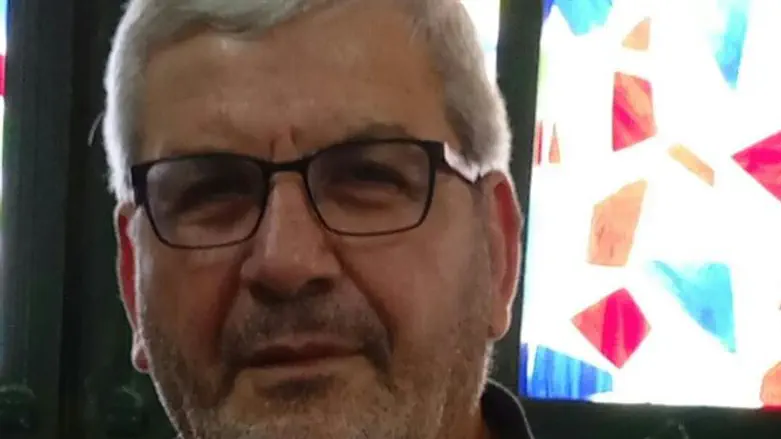
The upcoming Acco Festival's program was published yesterday with eight original plays, four of them by religious playwrights.
Arutz Sheva spoke with the director of the festival, Albert Ben Chelouche, about the new works as well as the calls emanating from the world of culture and theater to boycott the festival because the play "Prisoners of Occupation" by Einat Weizmann was removed from the program.
Ben-Chelouche explains that the four plays are not necessarily works that can be defined as "religious" or sectorial, but as plays dealing with social problems in Israeli society that have not yet been given a voice in the theater due to the exclusion of such artists.
Ben Chelouche notes that after the resignation of the artistic director of the festival, a tender was issued and in response to this call, these artists also applied."There are theatrical works by guys who have been excluded all these years, and the bid came and they were chosen. The fact that they're religious doesn't prevent them from participating in the festival."
On the exclusion of religious artists from past festivals, he says: "There was a certain agenda in the organization over the years that decided what would be and that preferred Palestinian shows, violent acts of terror to the creative works of other [religious] people.So the agenda changed at last and the guys came up with a pure Israeli worldview. By the way, if an Arab piece would have been submitted we would have accepted it, but they did not offer any submissions even though we requested they do so."
Ben Chelouche does not fear for the festival's diversity in the absence of Arab works.He says that the festival will have a wide variety including a show with handicapped people, plays from abroad, and a political show from Greece.
"The point was this - to prepare for the festival takes a year, but at the end of May they all resigned and at short notice we issued a bid and created a quality festival in a very short period of time."
On actors and playwrights claiming censorship following the decision not to accept Einat Weitzman's play "Prisoners of Occupation," Ben-Chelouche responds with an attack of his own: "About three weeks ago, an Arab broke in and murdered three members of the Salomon family in Halamish. Is that filthy murderer also a 'Prisoner of Occupation'? Is that what they call a 'prisoner of occupation'? We should grant a forum to these ideas? Is this insane? On this they say we shut up free speech?When you don't include the leftists, you are considered fascist in their eyes.That's all there is to it."
On the approach of those serving the agenda of which he speaks, which includes being prepared to allow pro-Palestinian theater while excluding religious Zionist artists, Ben-Chelouche says: "You'd have to ask them, not me: I am a man who grew up in Israel, served in the army, my father came from Morocco alone and was in the Palmach,I love my country and I can talk about what I love.I don't understand them either."
Asked whether he was being attacked for these positions, he replied: "I have been serving the festival for over thirty years, and this is my 18th year as CEO. I watched over this festival all these years, but this year something unusual happened when they asked me to support a play about prisoners with blood on their hands. It was crossing all the red lines. Until now I respected artistic decisions whether I liked them or not, but what happened with this show is that the entire steering committee objected, even the Arab deputy mayor objected, everyone objected, they knew it would cause riots in Acco and therefore said it was not good for us. You have to remember that the show was only a proposal and the artistic director decided that it would not appear at the festival, but the leftist organizations rose up against him and demanded his dismissal."
In his opinion, the attempt to change the character of the Acco Festival and demand that a left-wing agenda be established stems from the patronage of the cultural people in Israel."In the big theaters, you will not hear of such things, not artistic boycotts, etc. But suddenly in Acco they felt they were boss, and they found out they were not the boss."